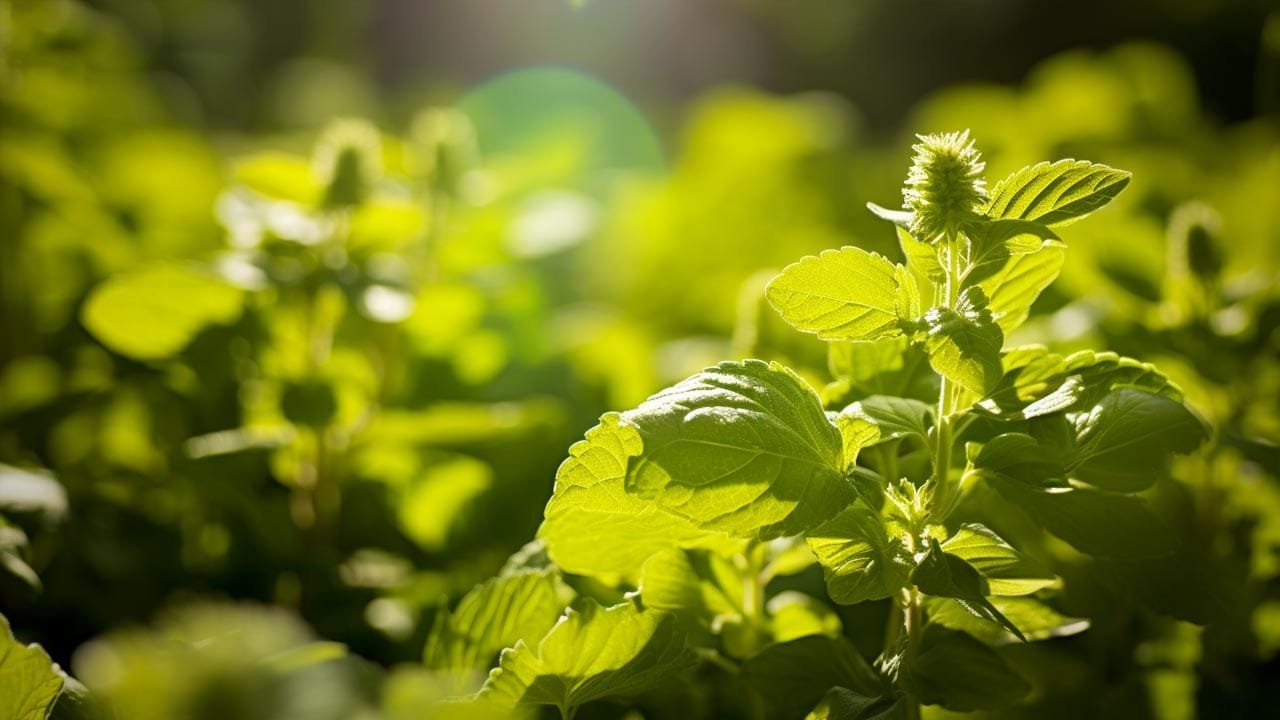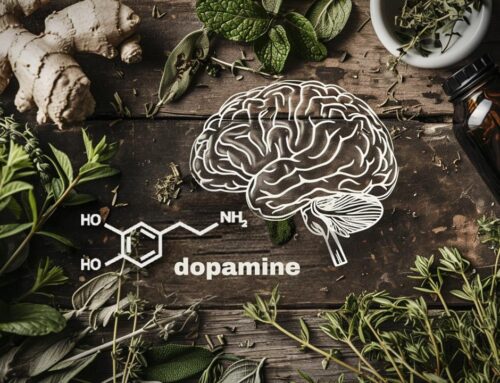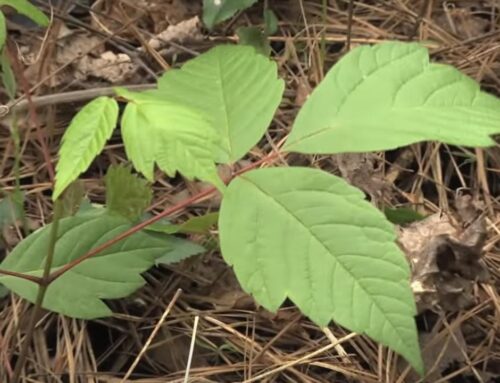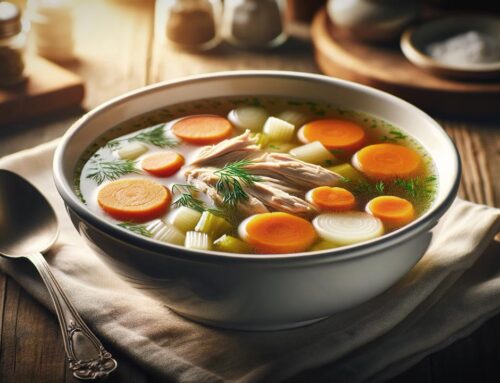The world of plants is vast and diverse, with many species offering a plethora of benefits to humans. Among these, medicinal plants have been a cornerstone of traditional medicine for centuries. These plants, often overlooked and considered as mere weeds in our backyards, have potent properties that can aid in the treatment of various ailments. This article delves deep into the world of medicinal plants that might be growing right outside your door. By the end of this piece, you’ll have a newfound appreciation for these green wonders and might even be tempted to start your own backyard apothecary!
What will you learn from this article?
- The historical significance of medicinal plants.
- Common medicinal plants that might be growing in your backyard.
- The health benefits and uses of these plants.
- Precautions to take when using medicinal plants.
Medicinal Plants You Have in Your Backyard
Table of Contents
Note: Always consult with a healthcare professional before using any medicinal plants.
Historical Significance of Medicinal Plants
Medicinal plants have been used since ancient times, with evidence suggesting their use in various cultures worldwide. From the Sumerians documenting plant-based remedies on clay tablets to the ancient Chinese and Egyptians using herbs for healing, the history of medicinal plants is as old as civilization itself. These plants were the primary source of medicine before the advent of modern pharmaceuticals, and their importance cannot be overstated.
Common Backyard Medicinal Plants
- Dandelion (Taraxacum officinale): Often considered a pesky weed, dandelions are rich in vitamins and minerals. Their roots and leaves have been used to treat liver problems and digestive issues.
- Plantain (Plantago major): Not to be confused with the banana-like fruit, plantain leaves have anti-inflammatory properties and can be used to treat cuts and insect bites.
- Lavender (Lavandula): Known for its calming scent, lavender has antiseptic properties and can aid in relaxation and sleep.
- Chamomile (Matricaria chamomilla): This plant’s flowers are commonly used in teas to soothe the stomach and promote relaxation.
Health Benefits and Uses
- Dandelion: Acts as a diuretic, supports liver function, and can help in blood sugar regulation1.
- Plantain: Provides relief from insect bites, reduces inflammation, and aids in wound healing2.
- Lavender: Helps reduce anxiety, improves sleep, and can be used as an antiseptic for minor cuts3.
- Chamomile: Aids in digestion, reduces anxiety, and has anti-inflammatory properties4.
Precautions and Safe Usage

Medicinal plants, while beneficial, come with their own set of precautions that one must be aware of to ensure safe and effective use. Here’s a more detailed look into the precautions and guidelines for using medicinal plants:
- Proper Identification: Before using any plant for medicinal purposes, it’s crucial to correctly identify it. Many medicinal plants have look-alikes that can be toxic. For instance, the beneficial wild carrot (Daucus carota) has a deadly look-alike known as the poison hemlock (Conium maculatum).
- Consultation with Healthcare Professionals: Always consult with a healthcare professional, preferably one knowledgeable about herbal medicine, before starting any herbal remedy. They can provide guidance on dosage, potential interactions with other medications, and any contraindications based on your health conditions.
- Allergic Reactions: Just as with any substance, individuals can be allergic to medicinal plants. It’s a good practice to do a patch test (applying a small amount of the plant extract to a patch of skin) to check for any allergic reactions before full usage.
- Pregnancy and Breastfeeding: Many medicinal plants can affect pregnancy and breastfeeding. For instance, some herbs can stimulate uterine contractions, which could lead to miscarriage. Always consult with a healthcare provider if you’re pregnant, trying to conceive, or breastfeeding.
- Children and the Elderly: Children and the elderly can be more sensitive to the effects of medicinal plants. Dosages might need to be adjusted, and some plants might be best avoided altogether for these age groups.
- Processing and Preparation: Some medicinal plants require specific preparation methods to be effective or safe. For instance, certain beneficial compounds might be water-soluble and best extracted as teas, while others might require alcohol-based tinctures. Furthermore, some plants might contain toxic compounds that can be eliminated through cooking or other processing methods.
- Storage: Just like conventional medicines, the potency and safety of medicinal plants can be affected by how they’re stored. Keep dried herbs in a cool, dark place, and use tinctures and salves before their expiration date.
- Interactions with Other Medications: Some medicinal plants can interact with prescription or over-the-counter medications. For example, St. John’s Wort, a plant used for depression, can interfere with the effectiveness of birth control pills and certain antidepressants.
- Sourcing: Ensure that you’re sourcing your medicinal plants from reputable sources. Wild harvesting can be sustainable, but one must be knowledgeable about the plant’s growth cycle and habitat to avoid over-harvesting or picking from polluted areas.
- Dosage: More doesn’t always mean better. Start with small doses to gauge your body’s response and never exceed the recommended dosage.
By being aware of these precautions and guidelines, you can harness the benefits of medicinal plants while minimizing potential risks. Always prioritize safety and knowledge when delving into the world of herbal medicine.
Frequently Asked Questions
Final Thoughts
Medicinal plants are nature’s gift to humanity. Their historical significance and the myriad of health benefits they offer make them invaluable. The next time you spot a “weed” in your backyard, take a moment to appreciate its potential medicinal properties. With knowledge and caution, these plants can be a natural and effective way to support your health.
Sources
Note: Always consult with a healthcare professional before using any medicinal plants.







Leave A Comment